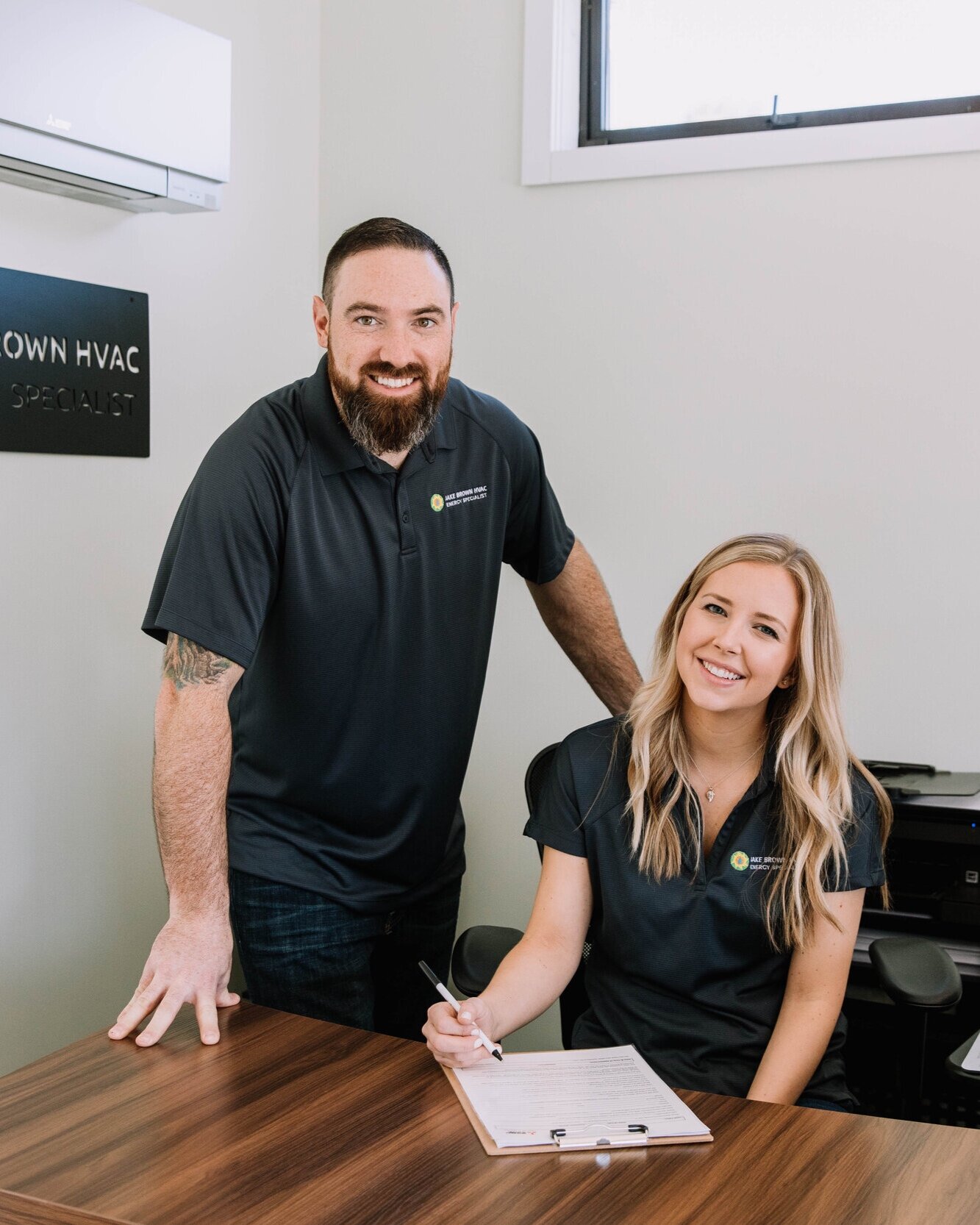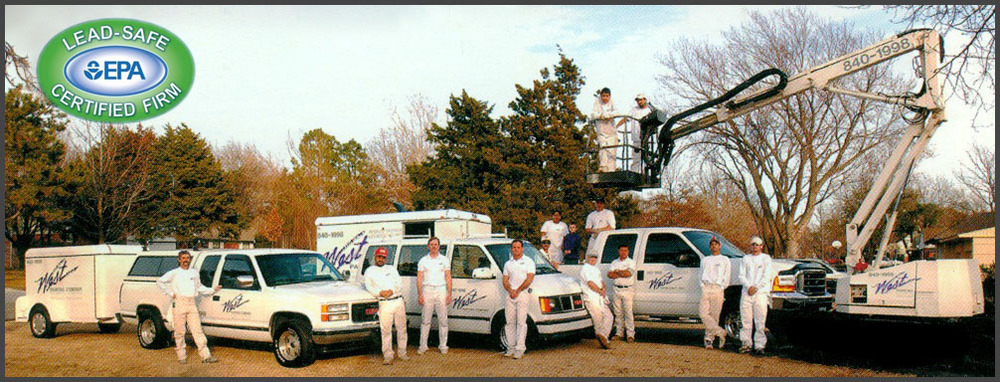
There are many requirements for becoming a CT electrician. These include: Apprenticeship, Exam, liability insurance, and a license to perform unlimited electrical work. A National Electric Code (NEC), certification is also required. After obtaining your license, you will need to renew it each year and take mandatory continuing education courses.
Apprenticeship
There are many apprenticeships available in Connecticut. Some are union-based, while others are not. Both offer training and experience. The International Brotherhood of Electrical Workers Local 488, which is part of a nationwide training program, runs many apprenticeship programs. Ultimately, these programs seek to place students in professional positions upon successful completion of five years of training.
Connecticut has a rising demand for electricians. It is an ideal place to get started in an electrical career. The state's Department of Labor estimates that the number of electrical jobs in the state will increase by 12.8% by 2024. Train as an apprentice with a Connecticut electrician if you are interested in becoming a CT electrician.

Exam
If you're considering a career as a CT electrician, you need to prepare for the state's exam. This exam covers all aspects of electrical knowledge including branch and service circuits as well as bonding, grounding, raceways and boxes. It also covers low voltage systems and illuminated signs. It costs $65 and requires pre-approval. You'll also need to pass a business and law exam to get your contractor license.
After becoming a journeyperson electricians can obtain an electrician's licence and start practicing as an electrician. An E-1 unlimited license for electricians allows them to do electrical work and manage a business. To obtain a Journeyperson License, you must complete at minimum 8,000 hours training on the job. You also need to complete at least144 hours training classes in electricity. You have two options: enroll in an apprenticeship program, or go to a local trade school.
Liability insurance
Connecticut electricians may be eligible for liability insurance. This can provide valuable coverage. This insurance covers your business against lawsuits. It also covers legal fees for defending yourself in court, if you are found guilty. Additionally, commercial auto insurance is required if you drive a commercial motor vehicle. This will provide coverage for property damage and medical care. Personal auto policies do not cover the business activities that an electrician may be engaged in.
Electricians use their own vehicles to travel between jobsites and clients. This means they must drive a lot. For protection against damage or theft to the property of others, a commercial vehicle policy is necessary. It can also protect against loss or damage to cargo. Additionally, if an electrician works for a company, he will need workers comp insurance as well. This insurance covers employees who are injured while on the job.

You must have the following requirements to be a certified electrician
The first step to become a licensed Connecticut electrician is to complete an apprenticeship. A high school diploma and at least 18-years old are required to qualify for apprenticeship. If you're 16 and are enrolled in a vocational school, you can begin classroom and practical classes before you turn 18. There will be a $110 fee to register and 720 hours of classes. Before you are licensed, you will need to work for 8,000 hours with an electrician.
After your apprenticeship has ended, you will need a trade exam as well as a business/law exam. After passing your apprenticeship, you will need to pass a licensing exam. You'll also have to pay a $150 fee. If you'd like to specialize in a specific area of electrical work, you can also obtain a specialty license. A specialty license is for those who have less experience and specialize in a specific area of electrical work.
FAQ
How do I obtain a service-contract agreement?
You can get a standard SCA form at your local government. You could also use the online quote generator to get more information about your needs and then send your details to us so we can reach you with additional information.
Do I have to think about any additional factors?
Yes. Make sure to check your local laws about what type of projects you can do and what conditions you have to comply with. Some states require that you get council approval before you build. Other states say that you only need to notify them of your plans. Find out the position of your local authorities on this matter by checking with them.
Who pays for the service?
The SCA will specify which party is responsible to pay for the service. If the service provider is not paid in full, it may have grounds to claim compensation through the courts.
Statistics
- Depending on the client's trustworthiness and financial stability, a deposit is usually 10 to 50% of the total contract amount. (lawdepot.com)
- Reasonable late fees go up to 25% per year on unpaid sums. (lawdepot.com)
- (1) Except as provided in paragraphs (a)(4) and (a)(8) of this section, if the estimated amount of the contract or subcontract is $10 million or more, the contracting officer shall request clearance from the appropriate OFCCP regional office before- (acquisition.gov)
- (1) Ascertain the extent to that offers are based on the payment of overtime and shift premiums; and (2) Negotiate contract prices or estimated costs without these premiums or obtain the requirement from other sources. (acquisition.gov)
- While we offer all our high-quality services at competitive prices, we know that many who need our services are on fixed incomes, so we offer a 10 percent discount for seniors and military members. (homeservicecontractorsinc.com)
External Links
How To
How do you write a simple service agreement?
A contract should be written in plain English using short sentences and paragraphs. It should include all relevant information, including what the customer gets for his/her money. Also, it should clearly indicate the price at end.
The language used should be easy to understand by anyone reading it and should not use legal jargon.
Avoid using complicated words such as 'and' or 'or', which can be difficult to understand. You should avoid technical terms unless absolutely necessary.
Make the text easy to follow by using bullet points wherever possible.
Avoid adding too much information to the contract.
Try to avoid making promises or guarantees about the performance of the service.If you cannot deliver as promised, let the customer know immediately.
Also, be clear about when the service will end and begin.
The contract should include all details regarding payment.
If the customer is not liable for paying the invoice, you should receive full payment from him/her before starting work.This way, you will not risk losing money due to late payments.
Keep copies of all documents relating to the contract.These include invoices, receipts, and contracts. These documents should be stored securely.
Don't sign anything until it has been thoroughly reviewed.
If you need to add something to the contract, ask the customer for permission before doing so.If you do not ask for their permission, you may be in trouble later.
Keep a copy of your contract handy for future reference.